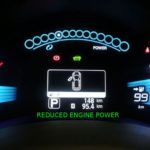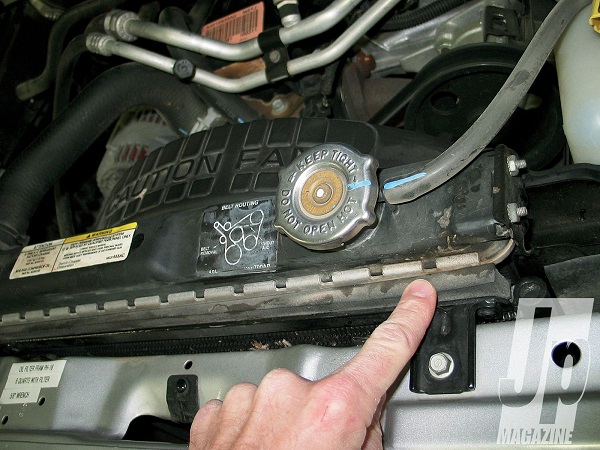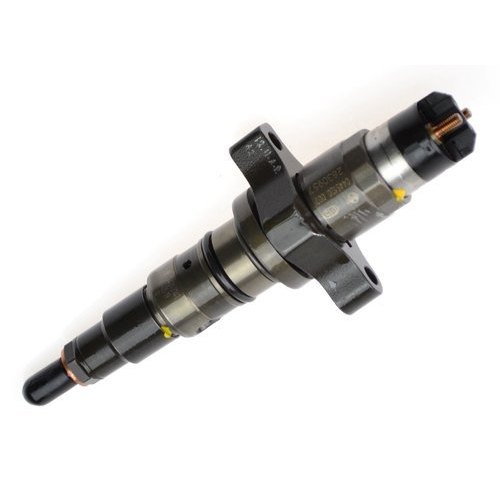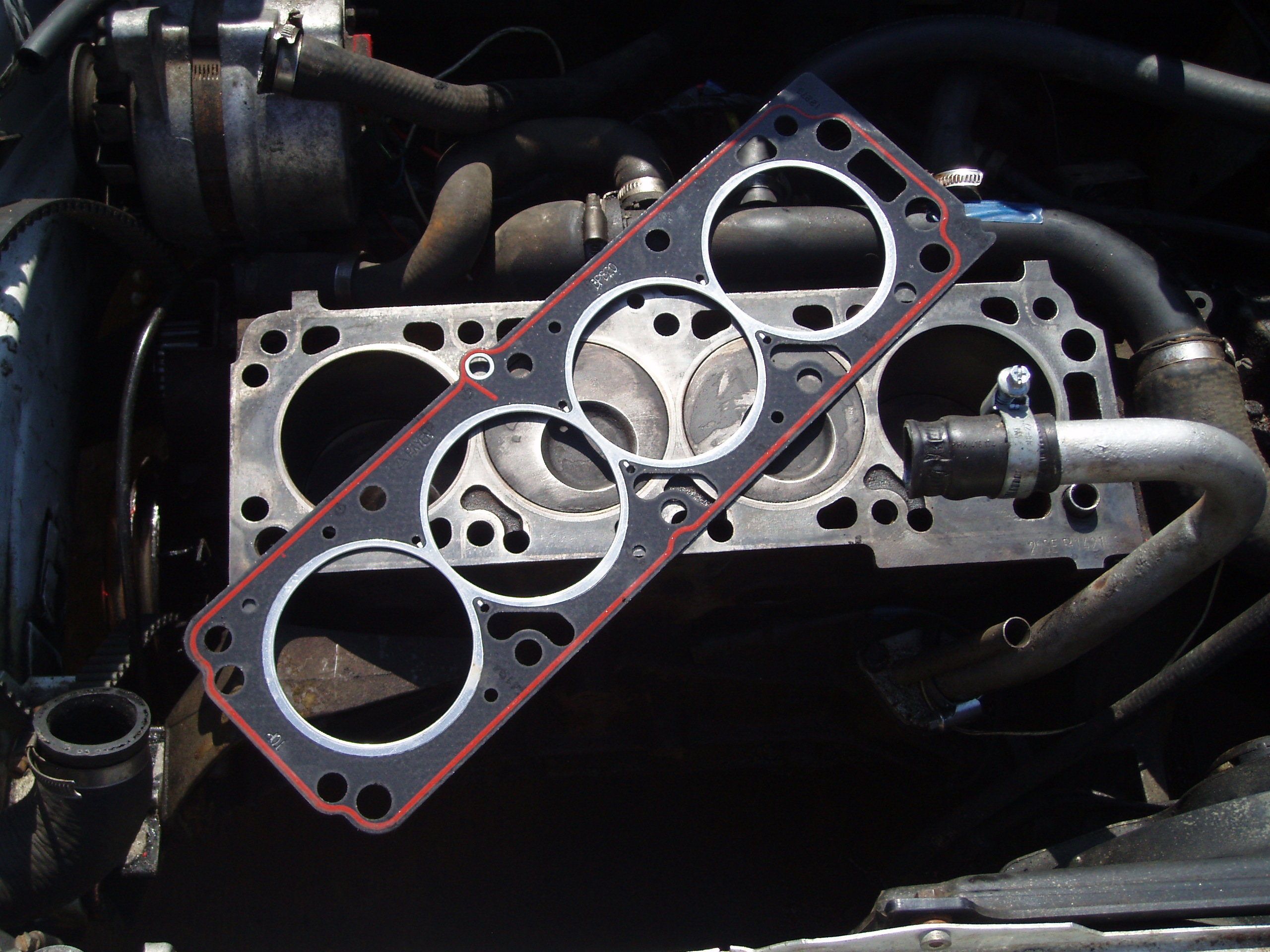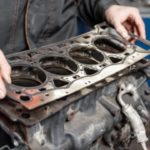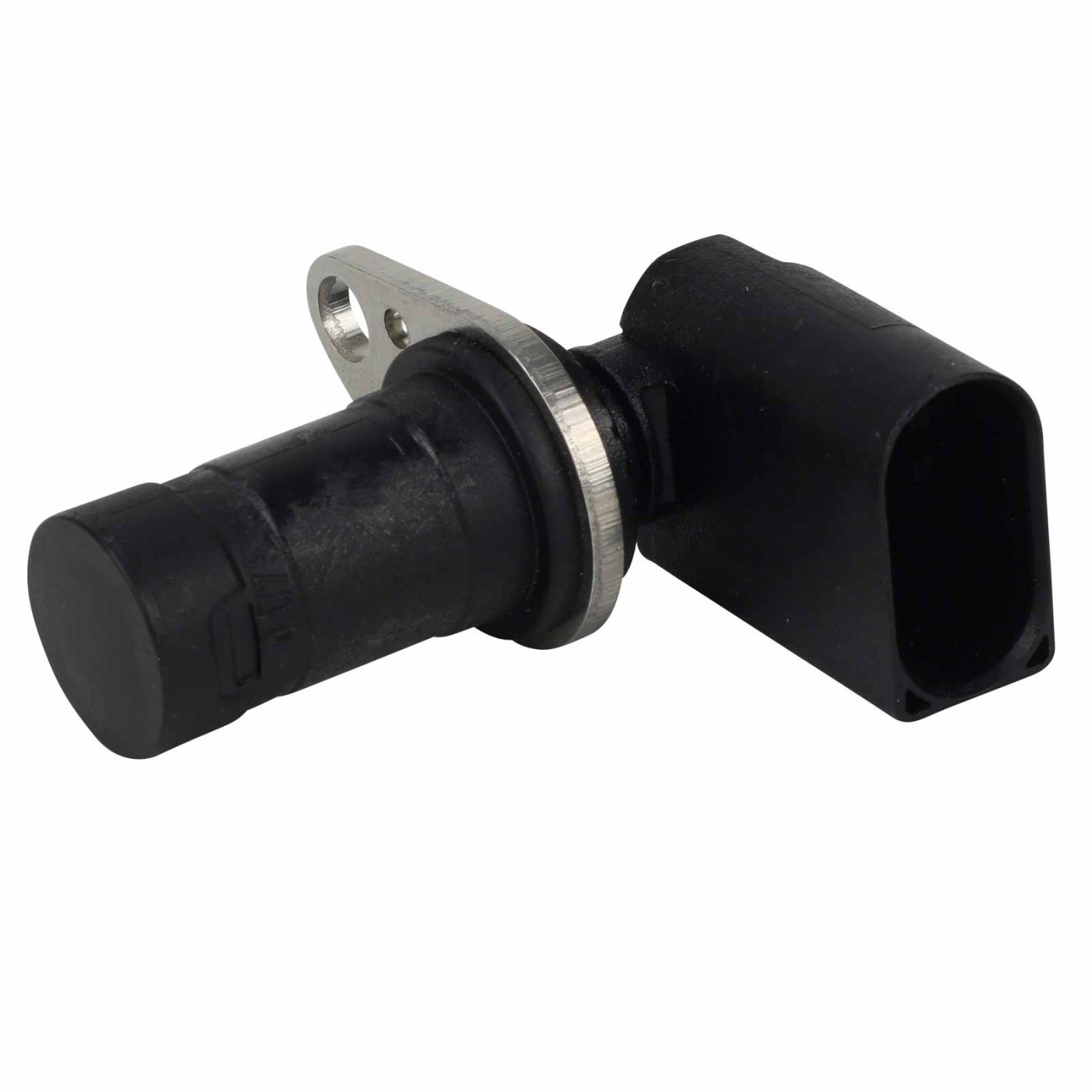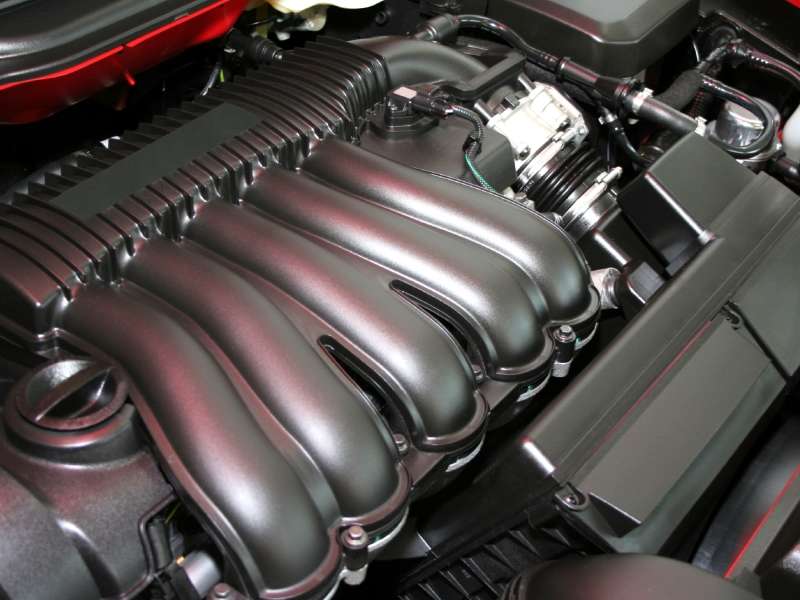You car can develop engine knock if you don’t take proper care of the engine. In this guide, we are going to consider ways on how to fix engine knocking, but before that, let’s look at what an engine knock looks or sounds like.
What Is Engine Knocking?
Engine knocking can happen in a variety of circumstances. You might hear your engine knocking when your car is idling in some instances. It could begin as soon as you start your car. In some cases, you may hear your engine knocking while revving it. When you’re attempting to demonstrate how powerful your car is, it could catch you off surprise. When you’re driving down the street at a fair speed, you might even hear your engine knocking. Once it has taken hold, it can be difficult to get rid of!
The good news is that engine knocking is becoming increasingly rare among individuals who drive modern vehicles. If you have a car from the previous ten years, you shouldn’t have too much trouble learning how to cure engine knocking. However, there’s still a risk it’ll show up, and you’ll need to know what to do if it does.
Read also: Causes Of Car Engine Misfire
How Does Engine Knocking Sound Like?
When you start your engine or drive down the street, it might emit a variety of unusual noises. Not all of them will be knocking on the engine. You should be aware of what engine knocking sounds like so that you can recognize it if you suspect your vehicle is afflicted.
When you turn on your car, the engine should create a low rumbling sound under normal circumstances. When you have engine knocking, however, that sound is frequently replaced with a persistent tapping and/or pinging sound that won’t stop. It could get worse if you put your foot on the gas and drive your car, or it could stay the same whether you’re sitting at a red light or going down the highway.
Before we consider how to fix engine knocking, let us see some of the causes of engine knocking.
What Causes Of Engine Knocking?
The following things could lead to engine knocking, so you really need to be watchful:
Faulty Spark Plugs
The electric spark that ignites the cylinder’s fuel/air mixture is delivered by your engine’s spark plugs. To put it another way, spark plugs are necessary for starting your engine! Spark plugs, like other parts in your car, wear out and break down over time. Most auto manufacturers recommend replacing spark plugs every 30,000 miles, although the lifespan of a spark plug varies depending on its condition and kind. This could be the cause of the distracting knock if you’re not using a manufacturer-recommended spark plug or if your spark plugs have seen better days.
Low-Octane Fuel
Different octane ratings exist in gasoline, which is why you have so many alternatives when you pull up to the pump. The more compression a fuel can sustain before igniting, the higher its octane rating. Using normal fuel in an engine that was designed to handle high-octane fuel could result in excessive engine noise.
High-octane gasoline is more expensive than ordinary gasoline. While saving a few dollars at the pump may appear to be a compelling argument to go with normal, engine knocking indicates that it’s time to pay a bit more. Long-term usage of the incorrect fuel might harm your engine and reduce your fuel efficiency. Cheaper gasoline won’t save you any money if you’re getting less miles per gallon and may have to pay for engine maintenance down the road.
Carbon Deposits
Carbon cleaning detergents are needed in all fuel sold in the United States to help prevent carbon deposits from blocking your cylinders. Regrettably, certain deposits continue to form. When this happens, there is less space for the fuel and air to mix, resulting in higher compression. Changes in fuel compression can cause harsh knocking sounds, as you learned with fuel.
Excess carbon buildup can wreak havoc on your engine’s cylinders and cause difficulties with the combustion process. Lower gas mileage or overheating may ensue as a result of the decreased performance.
How To Fix Engine Knocking
Engine knocking isn’t always easy to fix, these are a few of the things you should do when your engine knocks:
Timing Belt Replacement
A rubber belt is used to manage and adjust your engine’s timing in most compact cars, including most four-cylinder sedans. Rubber belts gradually stretch, corrode, or wear out to the point that they are no longer functional. To avoid this, we strongly advise replacing your timing belt at the manufacturer’s recommended period.
Replacing a timing belt is a major operation that entails readjusting your timing to get everything back into normal alignment. It’s not something that the average individual has the expertise or ability to undertake on their own. A timing chain is also used in most larger cars to keep the engine running smoothly. These are far more long-lasting.
Change Your Fuel
One of the reasons you can develop a gasoline-related knock issue is if you’re using a fuel that doesn’t meet your vehicle’s octane requirements. To run properly, many high-compression or high-performance engines require premium fuel. If your car requires premium fuel and you hear a knocking noise from your engine, you should immediately switch to premium fuel. You’ll probably still need to have your automobile serviced, but this could help prevent the problem from growing worse.
Change Engine Bearings
Engine bearing replacement is a time-consuming procedure. This entails going deep inside your engine and resetting any bearings that have become misplaced or displaced as a result of vibration or other engine issues. This takes a lot of skill and time to do, but it can help you get your engine back in working order. We strongly advise you to hire an expert for this task.
Replace Engine Crank
A cracked or broken crankshaft is one of the mechanical reasons your timing may be incorrect. A broken crank stops pistons from firing at the proper moment, which can result in everything from faulty bearings to secondary explosions, among other problems. Crank replacement is also a time-consuming engine repair that should always be done by an expert.
Engine Knock Repair Cost
While the cost of repairing your engine knocking will vary depending on the cause, you should budget at least $500-$1000 for the repair. If you decide to take your car to a technician, this sum will come in handy.
What Are The Signs Of Engine Knocking
Let us now consider the signs of engine knocking, so when you see these signs you know your car engine is about to knock.
Knocking Sound
A knocking noise coming from under the hood that increases and decreases in speed with engine RPMs is most likely the result of a deteriorating engine knocking. Engine bearings are what allow moving engine parts to move, and if one fails, your car’s engine would suffer severe damage.
Increased Exhaust Smoke
A trip to the auto shop should be scheduled if you observe more smoke coming from your car’s tailpipe than usual. The color of the smoke can often indicate what type of problem is there. The presence of blue smoke indicates the presence of oil in the combustion chamber, while the presence of white smoke indicates the presence of coolant in the combustion chamber. On the other hand, black smoke indicates that too much fuel has been consumed.
Check Engine Light
The ever-important check engine light is ignored by far too many people. When the check engine light illuminates, it usually indicates that a minor problem exists; but, if the problem is ignored, it can quickly escalate into a major one.
Decreased Performance
Have you observed a decrease in your vehicle’s fuel efficiency? Is it tough for you to get your car moving? Is there a period when your car needs to warm up? All of these are concerns that should be addressed as soon as they arise. Many times, a tune-up will solve these issues.
What does it mean when your engine is knocking?
When fuel burns unevenly in your engine’s cylinders, knocking happens. Fuel will burn in discrete, regulated pockets rather than all at once when cylinders contain the proper balance of air and fuel. Engine knocking occurs when fuel burns unevenly and shocks fire at inopportune times.
Can engine knocking be fixed?
Yes, the first step in attempting to resolve engine knocking is to switch to higher-octane gasoline. Replace your spark plugs and wires as part of your engine’s tune-up. Replace your vehicle’s oil on a regular basis and keep an eye out for low oil levels.
Can low oil cause engine knocking?
One of the most prevalent indications of a shortage of oil is knocking sounds from your engine. The underlubricated camshafts and valve train may be the source of these noises at initially. Knocking sounds can also be produced by piston wrist pins and rod bearings.
What causes knocking noise when driving?
Knocking noises could be caused by a broken serpentine belt. When the engine is running, a properly working belt spins smoothly. You’ll hear a rattling noise while driving if the belt extends or breaks. Take it to a mechanic to get it fixed.
How long can you drive with a knocking engine?
The rod might shatter without warning once an engine starts to knock. It might happen the next time you start it in your driveway, or it might last six months.
Conclusion
Hope you enjoyed reading this article on how to fix engine knocking. We advise that you take good care of your engine so it doesn’t get to the point when the engine knocks, but if it does, kindly follow the steps outlined in this article or take your car to a qualified auto mechanic to help fix the the engine knocking.


